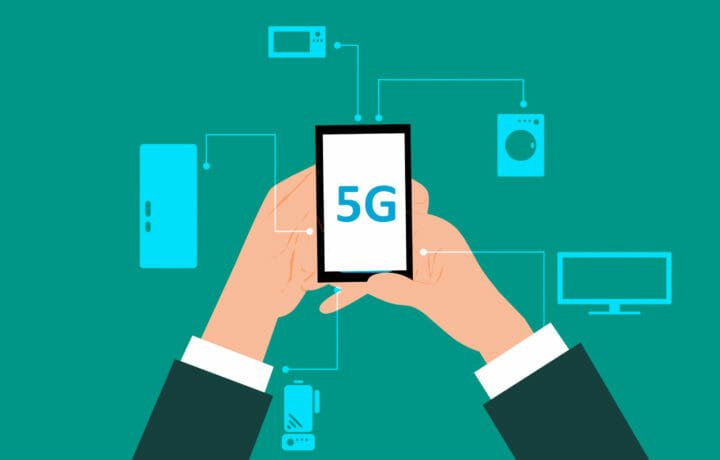Earlier this month the Department of Defense issued a call for prototypes to test 5G use at a handful of U.S. military bases beginning at the United States Marine Corps Logistics Base Albany in Georgia, Joint Base Lewis-McChord in Washington and the U.S. Naval Base San Diego.
Each of the requests for proposals (RFP) are split to focus on different use cases for the next generation wireless platform. According to a report by FedScoop, the bases in Georgia and San Diego will have “smart warehouse and asset management” prototypes, while Joint Base Lewis-McChord will develop an augmented reality/virtual reality (AR/VR) prototype to highlight ability for 5G to support training operations.
In a prior solicitation, the DoD also selected Hill Air Force Base in Utah to test full-scale 5G mobile spectrum sharing experiments.
Slow Roll(out)
Apart from those early adopters who are quick to rush out to buy the next potential “big thing,” 5G is something that is still only coming into its early stages of development in the consumer world – and its uses in the military should be seen as no different.
“This is still very much a work in progress,” said technology industry analyst Charles King of Pund-IT.
“The DoD reportedly released its final RFP to 5G vendors in December, and there are also some security issues that appeared late last fall that I don’t believe have been resolved,” King told ClearanceJobs.
Yet the technology is still viewed as a potential and necessary gamechanger for the U.S. military. The term 5G refers to the fifth generation of wireless networks and technologies that could yield a major improvement in terms of data speed, volume and latency over existing fourth generation (4G) networks. 5G networks are expected to be up to 20 times faster than 4G – however there remain questions about its security.
“Basic 5G technology is at least as secure as 4G,” said Stephen Blum, founder and principal analyst at Tellus Venture Associates.
“The security concerns about 5G are based on the fear that the Chinese government will use its influence over Chinese companies to add malicious tech to the equipment they sell,” Blum told ClearanceJobs.
“There are concerns about 5G security – some that are tangible and some tainted by political positioning,” added King.
“In the former case, at last year’s Black Hat conference, researchers from Kaitiaki Labs and Berlin Technical University shared findings indicating that current 5G networks exchange information about endpoint devices in an insecure manner, potentially allowing those details to be intercepted and manipulated by attackers,” King explained. “As a result, the group in charge of 5G security is drafting new standards to address these points.”
In the case of the political positioning is a bit more complex. Already many nations, including those that are part of the Five Eyes – the intelligence alliance comprising Australia, Canada, New Zealand, the United Kingdom and the United States – have largely avoided products made by Chinese firms, notably those companies that have close ties to Beijing.
“The Trump administration continues to claim that Huawei, the largest maker of 5G networking solutions, is developing products that will allow the company or China’s government to intercept communications,” King noted.
“The evidence for these claims is somewhat thin, and the U.S. was dealt a blow in January when the UK announced that it would be deploying Huawei equipment as part of its own 5G infrastructure,” he told ClearanceJobs. “At the same time, intelligence experts and consultants expressed their beliefs that the administration’s concerns were overblown and that while danger did exist, they could be successfully managed.”
Given how 5G will be used on bases – at least during these initial tests – also suggest that security concerns could be overstated.
“The U.S. military’s initial 5G deployments will be in three areas; VR training, smart warehouses for asset tracking and autonomous robot control, and dynamic spectrum resource sharing with commercial users,” said King. “None of these seem especially problematic in terms of security issues so it’s reasonable to assume that initial deployments on military bases can succeed. Over time, that may face significant challenges if new significant security weaknesses are discovered or the mistrust between the US and China escalates.”
Yet, as the old saying goes “just because you aren’t paranoid doesn’t mean someone isn’t out to get you,” may ring true with 5G.
“The Pentagon should be concerned about security,” added Blum. “But 5G technology is no different than any other complex, technological system it procures.”




